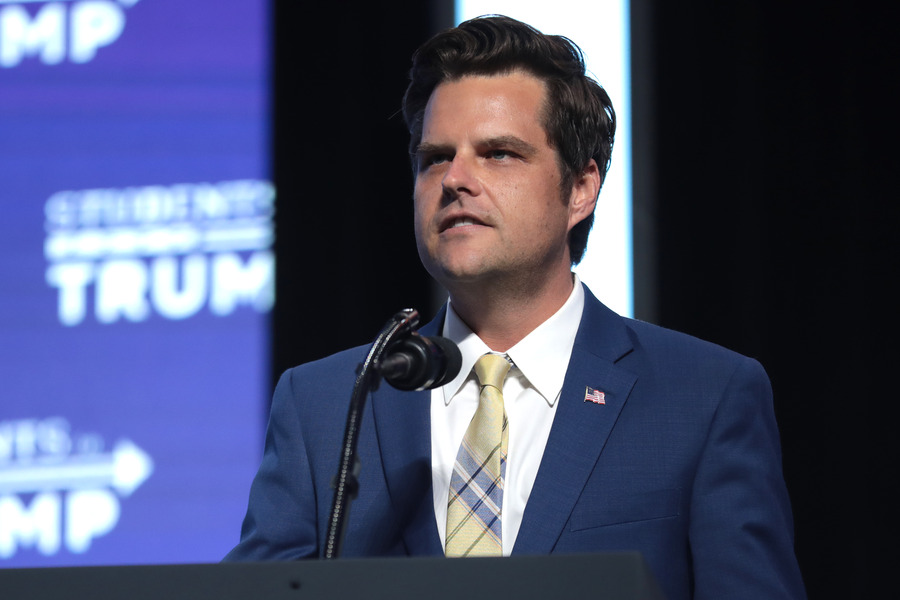Military Appeals in the Supreme Court: The NACDL Amicus Brief in <em>Behenna</em>
While some other stuff was going on yesterday, my friend Lindsay Harrison at Jenner & Block and I filed an amicus brief on behalf of the National Association of Criminal Defense Lawyers and in support of certiorari in
Published by The Lawfare Institute
in Cooperation With

While some other stuff was going on yesterday, my friend Lindsay Harrison at Jenner & Block and I filed an amicus brief on behalf of the National Association of Criminal Defense Lawyers and in support of certiorari in United States v. Behenna. Recall that Behenna was court-martialed for his role in killing Ali Mansur, an Iraqi detainee. The Court of Appeals for the Armed Forces affirmed Behenna's conviction, dividing 3-2 on the question of whether the trial judge had erroneously instructed the jury as to Behenna's entitlement to claim self-defense. (Behenna's cert. petition is available here, and asks: "Whether a servicemember in a combat zone categorically forfeits the right to self-defense as a matter of law by pointing a firearm without authorization at a suspected enemy." H/T CAAFlog.)
Our amicus brief doesn't address the merits of the self-defense question at all. Rather, we argue that, although this issue normally wouldn't seem like one worthy of the Supreme Court's limited attention, the Court in fact has an obligation to exercise more of an error-correcting function in appeals from the military justice system, because (1) collateral post-conviction review of military convictions in the Article III courts is heavily circumscribed; and (2) Congress in the Military Justice Act of 1983 expanded the Court's appellate jurisdiction vis-a-vis the military precisely to ensure that the Court would exercise more of a supervisory role over the military courts than it does over criminal convictions obtained in federal and state civilian courts. In short, by virtue of both its own jurisprudence and subsequent legislation, our brief explains why the Supreme Court should do more "error-correcting" in military appeals than in any other category of cases.
The government initially waived its right to respond to the cert. petition, but the Court has since called for a response, which is due March 29.
Steve Vladeck is a professor of law at the University of Texas School of Law. A 2004 graduate of Yale Law School, Steve clerked for Judge Marsha Berzon on the Ninth Circuit and Judge Rosemary Barkett on the Eleventh Circuit. In addition to serving as a senior editor of the Journal of National Security Law & Policy, Steve is also the co-editor of Aspen Publishers’ leading National Security Law and Counterterrorism Law casebooks.


-(1).jpeg?sfvrsn=143eb65_5)


